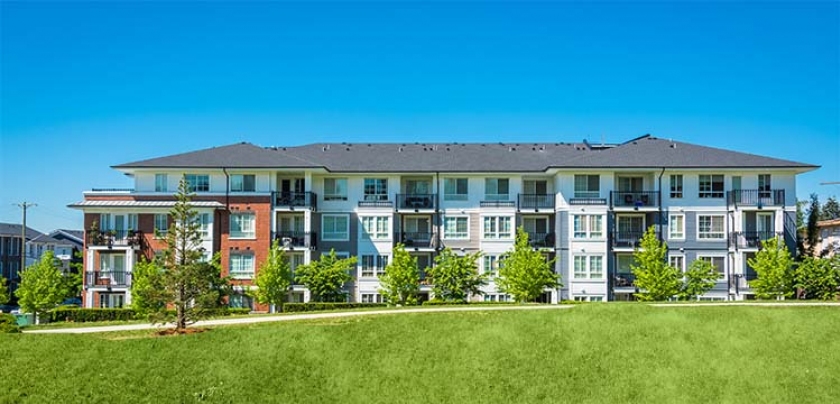Residential Tenancy Collections in BC and Alberta
Author : IRS Collections
Published on: January 25, 2022

Residential Tenancy Collections in BC and Alberta
There are major differences between Alberta and BC when it comes to third party debt collections on delinquent residential tenants and faulty landlords. It should be noted that commercial leases and rentals fall outside of the BC Residential Tenancies and the Alberta Residential Tenancy Dispute Resolution Service (RTDRS). This article only covers residential tenancy collections.
In BC, third party collection agencies are not allowed to collect, or be involved with residential rental proceedings until an Order has been issued by a BC Residential Tenancies Branch. However, once a Residential Tenancy Order has been issued, the outstanding amount can be placed with a collection agency.
In Alberta, collection agencies are allowed to pursue rental debt. Please note that this article should not be taken as legal advice, which should be obtained from a lawyer.
In Alberta there are 3 basic legal options and depending on the amount claimed, can be pursued through an Alberta Residential Tenancy Dispute Resolution Service (RTDRS), Alberta Small Claims Court, or the Alberta Court of Kings Bench. The two main deciding factors on which legal avenue to take depends on the amount owed and if here are major or minor damages you are claiming.
The biggest advantage of listing an Alberta residential tenancy debt with a collection agency is they may be able to collect the amount owed, without having to go through the aggravation and costs of going legal. It is also the fastest way to get your money minus a reasonable commission.
Alberta Small Claims is for civil claims up to $50K. This can be the fastest route to a Judgment if there are no damage claims, or other compensation for losses. If your only issue is unpaid rent, then Small Claims may be the way to go.
For debt claims, such as breach of contract, unpaid loans, damage deposits and rent owing, the time limit is generally two years from the time the debt began. An exception to this rule exists: if the defendant has acknowledged in writing that the debt is still owing, or if a partial payment has been made, the two-year limit starts when the debt was last acknowledged or partially paid.
If you are owed for major damages, the Alberta Residential Tenancy Dispute Resolution Service may be the way to go. Once you have an Order you can pursue the debtor for payment, or list with a collection agency.
If owed over $50K the Court of Kings Bench may be the way to go. The two-year statute on suing is the same as Small Claims Court.
Of course, every situation is unique. In Alberta, whichever method you choose it is wise to do some research to determine if it is even worthwhile suing. Just because you get an order, or Judgment, doesn't mean you will get paid.
If you have any further questions give us a call, or request a free consultation.

